Israel has conducted the most intense air strike since the war in 2006. Lebanon Health Minister Firass Abiad said 492 people have been killed, 35 children and 58 women being among the dead. Also, 1,645 people have been wounded and thousands of families have also been displaced due to the strikes.
Hezbollah has responded back. According to sources, Hezbollah has launched more than 200 rockets into northern Israel.
Gürkan Demir, the representative of the Turkish TV channel Ulusal Kanal in Tehran, shared with us the atmosphere in the region and his views.
Hezbollah and the Lebanese government
How do you expect Hezbollah and Lebanon to respond to the latest Israeli attacks? Is there a consensus between Hezbollah and the Lebanese government?
The last time I was in Lebanon was in February. I met with both Hezbollah officials, key figures and media representatives. One of the common assessments from the people I spoke with was this: Hezbollah and the Lebanese government have been more in harmony than ever in recent years. The public has also become involved in this process of harmony and is content with it, they told me.
With these latest attacks, the Lebanese government now perceives the threat more clearly. They are beginning to understand that the issue is not just about Hezbollah or southern Lebanon and that the entire country is the target of Israel. And the Lebanese government is increasingly positioning itself accordingly.
The joint actions, joint determination statements and joint decisions by Hezbollah and the Lebanese government would strengthen both Hezbollah and the government. It would also keep public morale and willpower high. Victory against Israel can only be achieved this way.
Hezbollah much stronger than 2006
In light of the 2006 Lebanon-Israel war, how do you assess the current conditions?
In the 2006 war, Israel lost. Hezbollah won. Today, Hezbollah is much stronger than 2006 both in terms of quality and quantity. They have new missiles, rockets, weapons and a better-equipped army. Of course, Israel has also increased its power to a certain extent, but in 2006, the technical power gap was more in favor of Israel.
Israel launched the ground offensive in Gaza with the claim of eliminating Hamas, completely controlling the region, and rescuing the hostages. Israel failed to achieve any of these three goals. Hezbollah possesses far more military capabilities than Hamas. Especially the tunnels. Hezbollah has better-equipped tunnels for broader war tactics than the ones in Gaza.
In fact, the reason why having been talking about a similar ground offensive in southern Lebanon for 11 months Israel could not initiate it is Hezbollah’s capabilities and readiness. Hezbollah’s leader Hassan Nasrallah recently defied them saying, “Let them come, we are waiting”.
When we talk about the possibility of war, we should also look at the stance of other organizations and countries in the West. The European Union is calling for de-escalation. The US emphasizes the importance of keeping diplomatic channels open between Hezbollah and Israel. However, these are not solutions at all. The solution is simple: cutting off support to Israel. Both Hezbollah and Yemen have made it clear that they will halt their operations if Israel stops its massacre in Gaza.
Israel is committing every kind of crime. It killed Hamas leader Ismail Haniyeh in Tehran, bombed the Iranian consulate and carried out a terrorist attack in Lebanon that affected nearly 5,000 civilians. The European Union and the US are doing nothing to stop Israel, instead they call on those trying to stop Israel to “use diplomacy” and “not escalate tensions”. This is more than a contradiction; it reveals their true intentions as they derive their power from the wars, massacres and sufferings of the people in the region.
Need for unity against Israel: Arab and Islamic world and beyond
There was an International Islamic Unity Conference in Tehran simultaneously with Israel’s attacks in Lebanon. Do you think there could be a unified stance from Arab and Islamic countries?
Iranian President Masoud Pezeshkian made a statement on this matter. He asked, “Where does Israel find the audacity to commit these massacres?” and answered, “From the lack of unity among Muslims and Islamic countries.” Yes indeed, there is no unity in the Arab and Islamic world. However, there are some stances against Israel by certain countries. In terms of humanitarian aid and amplifying the voice of Palestine internationally, they are making some efforts. But of course, these are not enough. A stronger and broader unity is needed to stop Israel.
Moreover, this unity should not be confined to Arab or Islamic countries alone. In fact, many countries like Cuba, Venezuela and China, which are neither Arab nor Muslim, are standing against Israel’s massacre and supporting Palestine. So, the matter is not just an Arab or Muslim matter, but a matter of opposing US imperialism and Israel Zionism.
Yet, it’s worth noting that the primary responsibility for Palestine lies with the Islamic countries. Due to their history and geographic proximity, they are the ones most connected to the Palestinian issue. At this point, I would like to reiterate a view I have expressed before on many occasions: To encourage Islamic countries to take a more decisive and united stance, the initiative can come from Türkiye and Iran. If these two countries lead, others may follow.







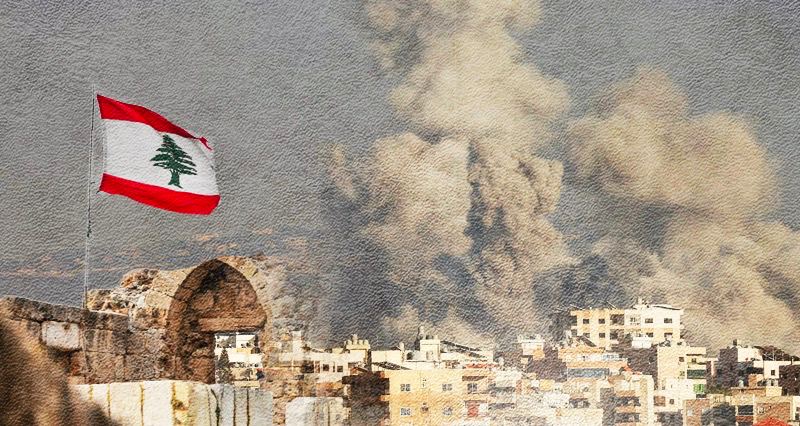
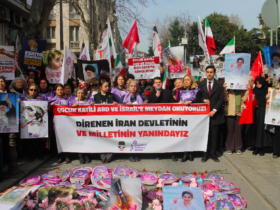
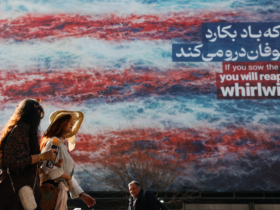
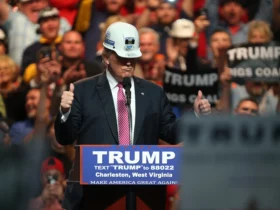
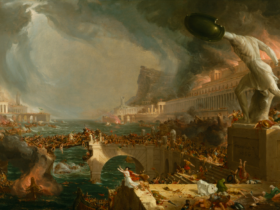
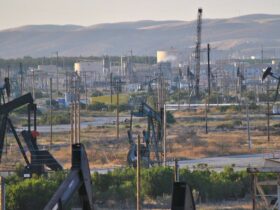

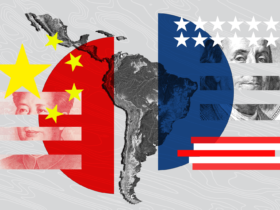


Leave a Reply